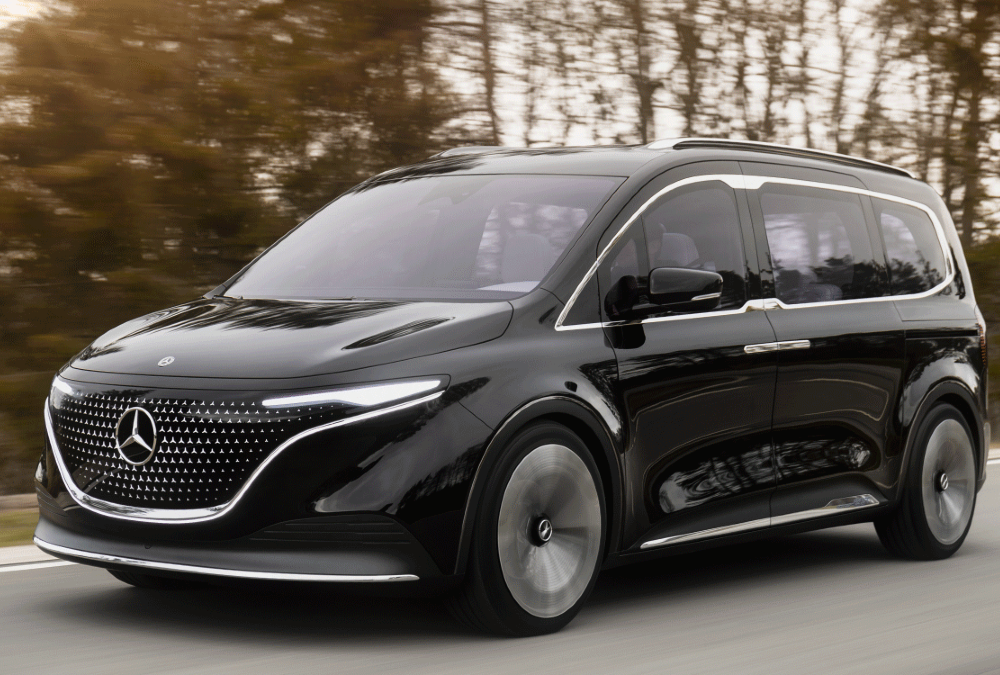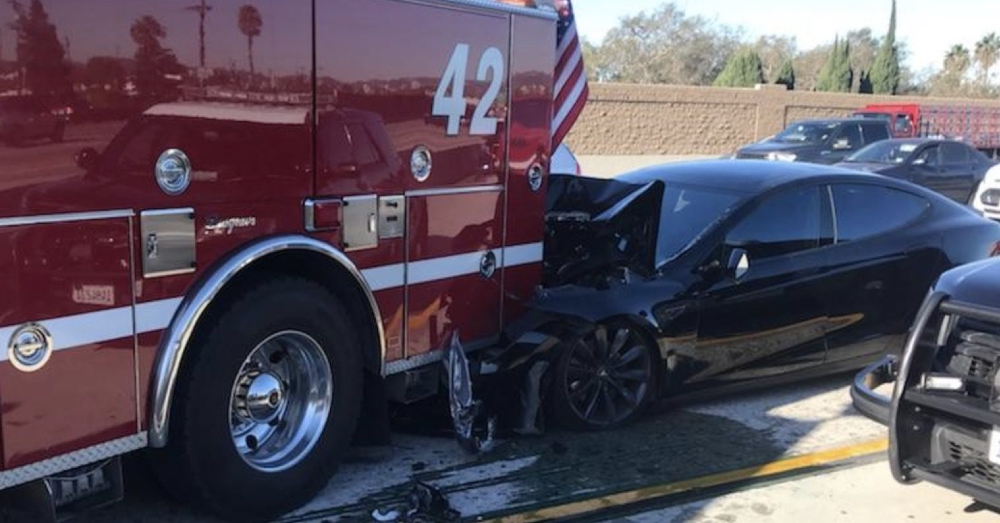
Senate Overturns California’s Gas Car Ban: What It Means for the Auto Industry
The Senate recently overturned California’s banning gas cars being sold in the state. Could this be detrimental in the movement toward electrification?
Arguments ensue on both sides of the industry as to whether or not EVs should become the norm in the next few years. The undisputed truth is that EVs emit two-thirds less harmful emissions in to the atmosphere than gas vehicles (this is figured from the start of production through the lifespan of vehicles). Once on the road, EVs produce zero harmful emissions, but the US Senate has voted 51 to 44 to overturn a waiver that allows California to set its own air pollution standards.
What are California’s EV goals?
It’s not a secret that California has much stricter emissions standards and often leads the way toward greener vehicles, which many states eventually follow. With waivers in place, this has become normal when it comes to green vehicles. The state currently has goals to reach 35% of all new cars sold being EVs starting in 2026 with 100% electrification by 2035, which might be a little unrealistic and aggressive. Still, repealing waivers that allow the California Air Resource Board (CARB) to set standards for the state could set the EV market back.
Environmental groups warn against health concerns
During the 1980s it was common to see a layer of smog over Los Angeles, which doesn’t exist today. Much of this cleaning of the air was due to changes in emissions standards within the state. More than 100 public health and environmental groups sent a letter to Congress to try and block the vote to repeal California’s waivers. Although unsuccessful, the letter warned:
“more children suffering asthma attacks and missing school, more grandparents dying prematurely, and more death and destruction from extreme weather.”
Industries supporting the change
It shouldn’t come as any surprise that some industries support the Senate voting to repeal the California waiver. The oil and agricultural industries have repeatedly sued to challenge the stricter rules and oppose the waiver. The oil industry makes perfect sense to most, because more EVs means less reliance on oil, but some agricultural markets are used to grow crops used in biofuels, which they favor over batteries. The American Petroleum Institute argues that EV mandates reduce choice and raise the up-front costs of vehicles.
Automakers need stability
Automakers must plan vehicle production years in advance, which means flip flopping every four years because a new regime is in place, which can be damaging to the automotive industry. The Senate voting against California might slow the production of current EVs, which already have experienced slower sales than expected. Still, the auto industry has been mostly in the middle of this fight and has lobbied California and other states following the CARB guidelines to consider softer EV requirements because the national market hasn’t shown the demand for these vehicles required to meet the state’s goals.
California’s response
As you would expect, California will likely sue against this Senate vote. California Attorney General Rob Bonta claims the use of the Californa Review Act (CRA) in this way is unlawful.
“The weaponizing of the Congressional Review Act to attack California’s waivers is just another part of the continuous, partisan campaign against California’s efforts to protect the public and the planet from harmful pollution.”
California Governor Gavin Newsom weighed in with his own statement, indicating this could lead to the US ceding the EV market to China.
“The United States Senate has a choice: cede American car-industry dominance to China and clog the lungs of our children or follow decades of precedent and uphold the clean air policies that Ronald Reagan and Richard Nixon fought so hard for. Will you side with China or America?”
A Senate divided
The Senate did not vote overwhelmingly to approve repealing California’s waivers. There were some obvious concerns from those opposing the use of the CRA in this manner, as Senate Minority Leader Chuck Schumer, D-NY, indicated.
“Today it’s all about California emission waivers. But tomorrow, the CRA could now be used to erase any policy from an agency that the Trump administration doesn’t like at a simple majority threshold.”
He also warned that:
“Republicans should tread carefully today. What goes around comes around.”
The Senate Majority Leader John Thune, R-SD, said the Republicans were not using the CRA to change broader rules or norms but also suggested Democrats have other reasons for their opposition to the results of the vote.
“I think a lot of Democrats support an electric vehicle mandate. In fact, I think they’re somewhat frantic at the prospect of losing this ‘Green New Deal’ policy.”
Regardless of where you align politically, it’s easy to see the mess that’s being created with the Senate using the CRA to vote away California’s waivers, requiring the state to roll back its EV goals.
This post may contain affiliate links. Meaning a commission is given should you decide to make a purchase through these links, at no cost to you. All products shown are researched and tested to give an accurate review for you.



